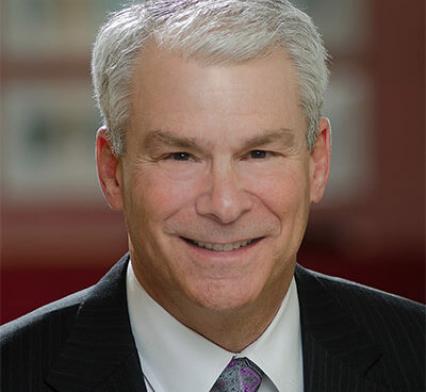Collision
As CEO of a Colorado business, I look to these Monthly Economic Indicator reports from the Metro Denver Economic Development Corp. (Metro Denver EDC) for early insights into the trends that will shape Colorado’s economy and the businesses we serve. Every month, I’ll be sharing some thoughts about what I’m seeing in the data, and what these numbers might mean for all of us who strive to make Colorado the best place to start, grow and run a business.
The overriding image that emerges from the January report is the same sunny picture we’ve been privileged to see for the last few years: a strong local economy that has diversified appreciably from the days of reliance on only a couple of industries.
At the same time, some of the data look like clouds gathering on the horizon. We’re all aware of how much housing costs have increased in Metro Denver over the last couple of years, so it’s no surprise (though still no treat) to see that in the report. We’re also seeing relatively flat wage growth despite record low unemployment, and inflation-adjusted median wages that have actually decreased over the last 17 years. In other words, buying power is falling while housing costs are rising.
At what point do these competing forces collide with enough strength to slow our local economy? If the tide of people coming here slows because they’re just not convinced they’ll be able to afford to live here, that will make Colorado a less appealing location for businesses.
It’s imperative that we, as leaders, address these issues. Even as we pursue initiatives to increase the stock of attainable housing, perhaps we need to look at the other side of the issue too: how can we increase the buying power of our workforce?
There’s lots of speculation about what’s holding down wage growth. Some say it’s related to lower productivity because employees don’t have the technology they need to do their jobs. Others say it’s precisely because of the rise of new technologies that make human workers less valuable. And still others, in industries like construction that struggle to attract enough workers, look at the rest of us like we’re crazy, because they’re increasing wages like never before and still not getting the skilled workers they need.
Perhaps the key lies in homing in on that last concept: “skilled workers.” Despite admirable efforts by policymakers and the private sector in recent years, many industries like construction and advanced manufacturing are struggling to attract the type of workers they need. Clearly, we need to continue focusing on training and skill-building to enable our workforce to compete and earn the wages that will, in turn, help our community thrive.
